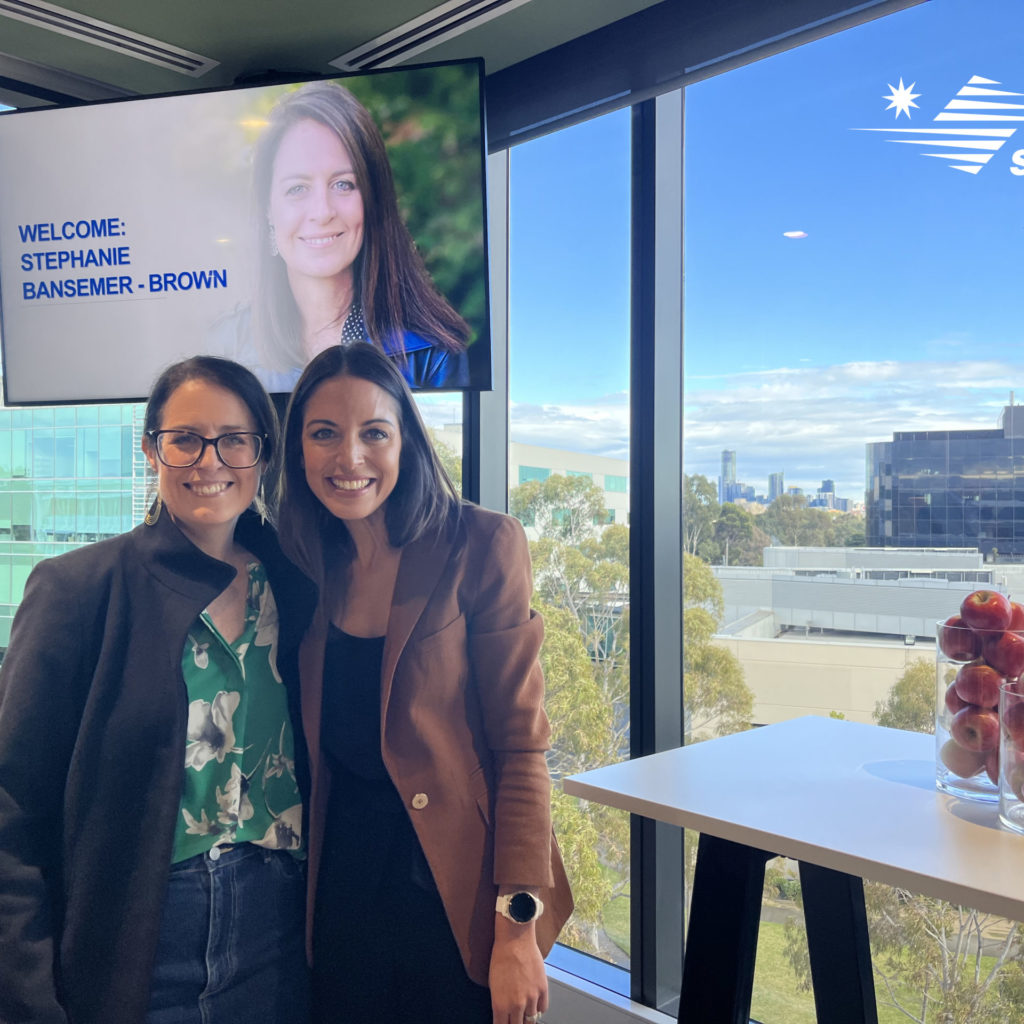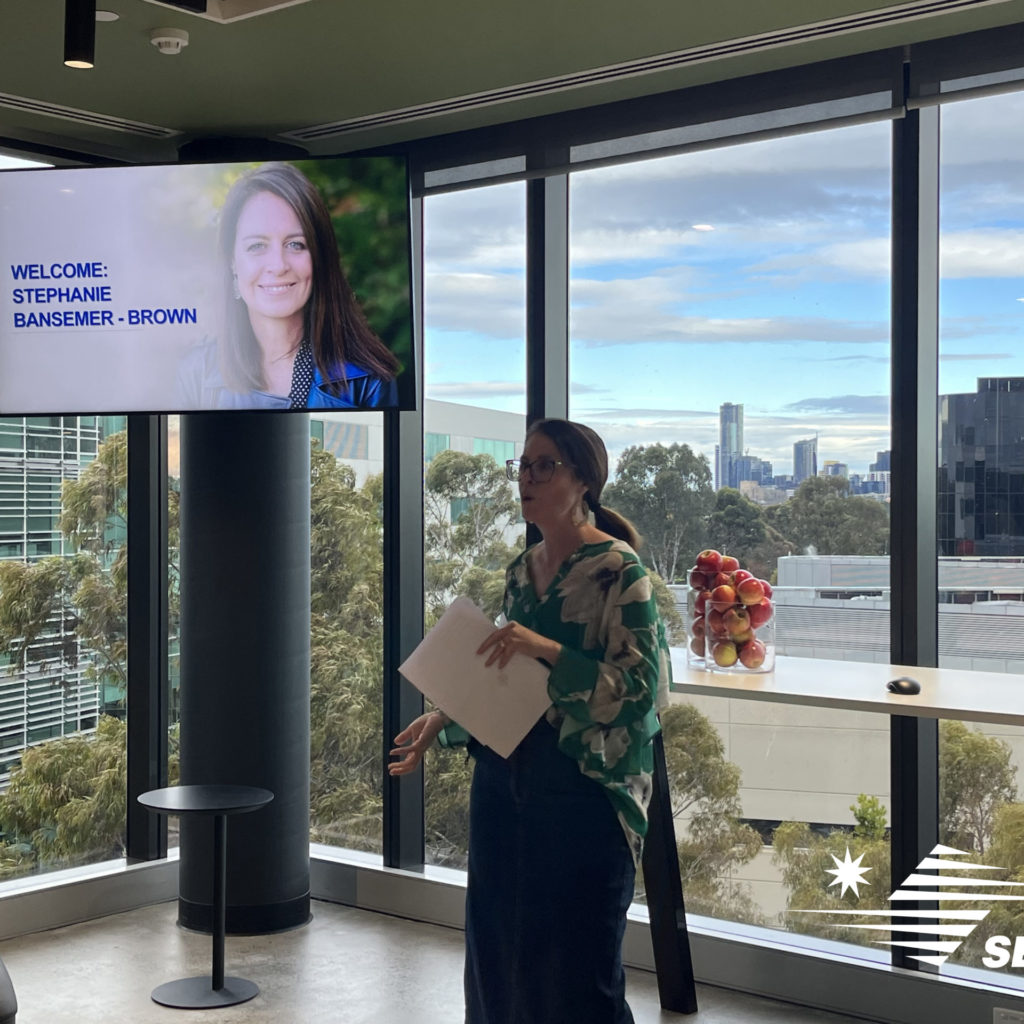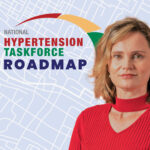
Why?
This is a valid question given bowel cancer – our nation’s second most deadly cancer – is expected to claim the lives of more than 5,000 Australians this year alone. [3] This equates to more deaths per year than each of the better known diseases of breast cancer, melanoma or prostate cancer. [4] When this is coupled with an almost 100 per cent treatment success rate, as is the case for early detected bowel cancer, this further defines the need for raising the profile of bowel cancer within the general community.
Even more concerningly, for Australians in the 25-44 year age bracket, bowel cancer is the most deadly cancer, and the fifth leading cause of death overall. Research reveals the incidence of bowel cancer among Australians born from 1990 onwards, is on the rise, changing the often-held perception that the disease affects older people only. [5]
Australian studies on the community’s understanding of bowel cancer explain why bowel cancer is often not identified in the earlier stages (Stage I or II). This includes lack of awareness and/or understanding of Australia’s national bowel cancer screening program, misconceptions about when to screen, the low public profile of bowel cancer compared to other cancers, and minimal understanding of its commonality, symptoms (including that it can often be asymptomatic) and factors that can increase one’s chance of developing the disease. [6, 7] All of these factors have collectively shaped the community’s misperception that bowel cancer is ‘low risk’. [8]
Leading national charity, Bowel Cancer Australia’s campaign for Bowel Cancer Awareness Month 2022 addresses this misunderstanding. Taking cue from community perceptions of the bowel being a “forgotten organ”, this year’s campaign messaging and materials (including the video above, voiced by actress Miram Margolyes) focuses on raising the profile of the bowel and giving it the attention it deserves.
Bowel Cancer Australia CEO, Julien Wiggins, explained the charity’s goal – to increase the number of Australians undergoing bowel cancer screening to prevent deaths from the disease.
“Bowel Cancer Awareness Month is Bowel Cancer Australia’s signature event to raise awareness of, and funds for, Australia’s second deadliest cancer.
“This year’s theme is ‘Home to one of Australia’s most preventable cancers’, which is an evolution of our 2018 multi-award-winning campaign, ‘Home to Australia’s second deadliest cancer’,”
– said Mr Wiggins
Mr Wiggins further described the charity’s emphasis on educating through visual storytelling, and light humour, this year.
“The message we want to get across is that bowel cancer deaths can be prevented through the early detection and removal of polyps before they turn into early-stage cancers.
“The campaign imagery talks directly to Australians, and in a conversational way, with graphics helping to visualise polyps and the bowel,”
“The call to action of ‘Give a $#*! about your bowel’, strongly encourages (with some humour) people – particularly those who are healthy with no symptoms of the disease – on the need to screen.”
“With regular screening, most polyps can be found and removed before they have the chance to turn cancerous. And this, ultimately, will save lives.”
– Mr Wiggins said.
What are the main risk factors for developing bowel cancer?
Bowel cancer does not discriminate. It affects men and women of all ages. [9]
Though there are multiple factors that can place someone at heightened risk of developing the disease, some are modifiable, while some are not. Having one or multiple of the below factors does not necessarily mean someone will develop bowel cancer. However, knowledge of the disease will enable people to make informed choices, whether undergoing regular screening, or altering one’s lifestyle.
Reflecting on one of the non-modifiable risk factors – inherited genes – Mr Wiggins explained why people should aim to learn more about their family’s medical history.
“In around 30 per cent of all bowel cancer cases diagnosed, there is a family history, hereditary contribution, or a combination of both.
“It’s therefore important to know your family history, so you can tailor your screening appropriately to your personal level of risk,”
– Mr Wiggins said.
Bowel cancer risk factors include:
- Aged 50 years+ (however young onset bowel cancer is on the rise, learn more below);
- Having a significant family history of bowel cancer, or polyps, or close relatives who were diagnosed with bowel cancer before age 50;
- History of inflammatory bowel disease, such as Crohn’s disease or ulcerative colitis, Type 2 diabetes, or other forms of closely linked cancer, such as ovarian or digestive system cancers;
- History of adenomas (non-cancerous tumours), in the bowel;
- Being overweight or obese, and exercising infrequently;
- Eating an excessive amount of red meat (especially charred/burnt) and processed meats (smoked, cured, salted, or preserved);
- Consuming high levels of alcohol;
- Smoking; and
- Some inherited gene mutations, such as Lynch syndrome, Familial Adenomatous Polyposis (FAP), or Attenuated Familial Adenomatous Polyposis. [9,10]
From the list above, it’s clear that modifiable risk factors, such as diet and lifestyle choices, can influence your bowel cancer risk.
“Up to 34 per cent of bowel cancer cases may be prevented by a healthy lifestyle, and this statistic increases to 61 per cent when combined with a sigmoidoscopy or colonoscopy,”
– said Mr Wiggins.
Improving lifestyle and dietary choices, such as quitting smoking, reducing alcohol consumption, limiting red and processed meat consumption (if excessive), eating fibre-rich foods, exercising regularly, and maintaining a healthy weight can all help to reduce bowel cancer risk. However, it’s crucial that these things are done in conjunction with regular screening!
The rise of bowel cancer in younger people
The rates of bowel cancer in people younger than 50 years (often referred to as “young onset bowel cancer”) is continuing to rise both in Australia and internationally. While research is still determining the reasons for such, it is known that the disease affects roughly as many men as women and of those diagnosed, more than 85 per cent experience symptoms. [5]
Young onset bowel cancer is also often diagnosed in the latter, more advanced stages (Stage III or IV) of the disease. [5] This may be due to younger people, aged 19-49 years, being misdiagnosed in the earlier stages of the disease with haemorrhoids, food intolerances, stress, or in part, due to a lack of community awareness of the prevalence of bowel cancer in the younger population, and risk factors.
Mr Wiggins explained the data trends in this area.
“In Australia and globally, over the past 30 years there has been a concerning rise in the incidence of young onset bowel cancers, which interestingly, is not mirrored in older individuals (people aged 50 years or older).”
“One-in-10 new bowel cancer cases and one-in-20 bowel cancer deaths now occur in people aged under 50,”
– Mr Wiggins said.
Bowel Cancer Australia is aligned with the American College of Gastroenterology (ACG) updated clinical guidelines (in March 2021), which recommend bowel cancer screening to commence at age 45 (in comparison to Australia’s current model of prioritising those aged 50 to 74 years). [5] Bowel Cancer Australia is rallying for these guidelines to be adopted in Australia, while also warning that this will not address the rising incidence of bowel cancer in the 25-44 age demographic. [5]
Proud to support bowel cancer awareness on Red Apple Day
Held on June 15, 2022, Red Apple Day, which falls during Bowel Cancer Awareness Month, represents Bowel Cancer Australia’s ‘Annual Giving Day’. Australians are invited to support Red Apple Day through fundraising and raising awareness of one of our nation’s most preventable, but second deadliest, cancers.
In support of this initiative, our Servier Australia office hosted a staff event for Red Apple Day. We joined together to learn from Stephanie Bansemer-Brown, a passionate advocate and bowel-cancer survivor, who shared her lived experience of bowel cancer. This encouraged meaningful discussion amongst the team about the importance of screening for early detection and intervention.


You can offer your support to Bowel Cancer Australia in many ways such as: 1. Purchasing, wearing or dedicating a bowel cancer awareness ribbon 2. Trying one of their “a-peel-ing” recipes 3. Fundraising with a morning tea, fun run, or burpees for bowel cancer.
Proud to invest in cancer research
Oncology – specifically the prevention, diagnosis, and treatment of cancer – is one of our key therapeutic focus areas at Servier. Given that half of our research and development budget is invested into finding new treatments in the fight against cancer, we are continuously striving to improve the patient journey for those who receive a cancer diagnosis, including bowel cancer.
To learn more about the symptoms and diagnosis of bowel cancer, visit https://www.bowelcanceraustralia.org/what-is-bowel-cancer
To learn more about bowel cancer treatment, visit https://www.bowelcanceraustralia.org/treatment



